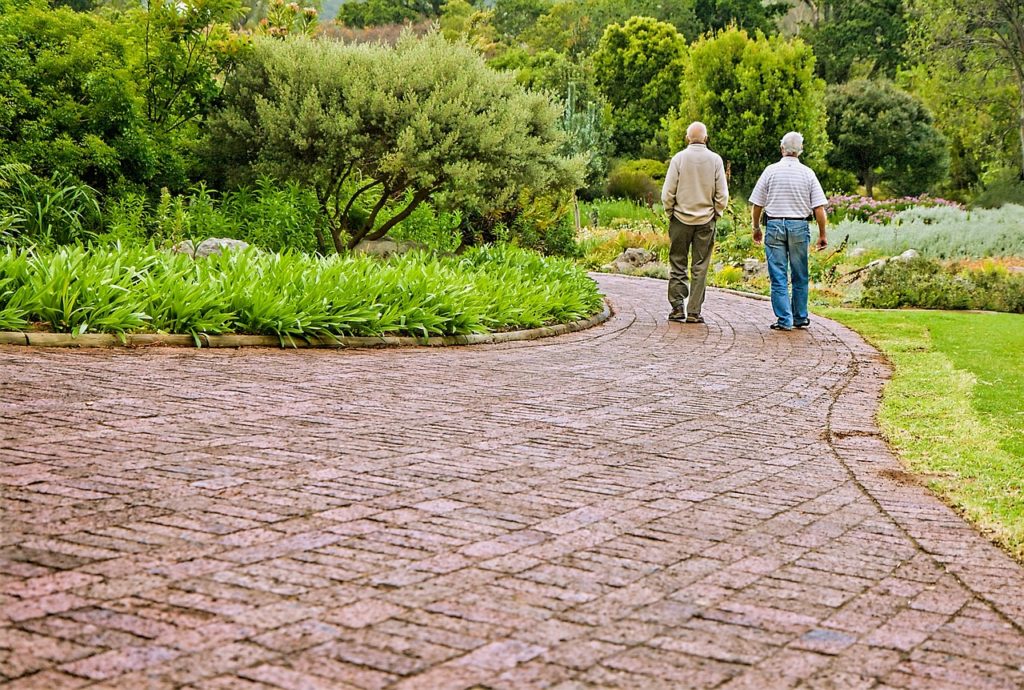Different ways of saying “How are you” in Persian Posted by Farangis on Apr 12, 2021 in Culture, Uncategorized, Vocabulary
Now that you have mastered “Hello,” what do you say next? How do you ask, “How are you” in Persian and how do you reply?
In Persian, people tend to use a literal translation to “Are you well?” more often than “How are you”. This is how you can use it: Haletoon khub-eh? حالتون خوبه؟.
Of course, there is also a formal way of saying the same phrase, you may see this form in books, newspapers, the news, formal speeches, and poetry. It is “standard” Persian and it is nearly the same in Iran, Afghanistan, and Tajikistan. This is how you can say, “Are you well” in formal Persian, Hal-e shoma khub hast? حال شما خوب هست؟.
The word حال refers to health and the state of being in this context. You can also say How are you, haletoon chetor-eh? Or in a formal way, you would say, Hal-e shoma chetor hast? حال شما چطور هست which literally means “How is your health?”
As you know, first impressions are important, so why be boring when there are so many ways to greet a person? This is how one would say “What’s up?” in Persian, che khabar? چه خبر؟
The word Khabar translates into Persian as a piece of news and the phrase “What’s up?” literally means “What piece of news?” This question mostly refers to the news, gossip, and the latest goings-on.
To keep it simple and use the word that means just what it says, you can respond, salamati, سلامتی , which translates in Persian as health.
You can continue your conversation by saying, what are you up to, che kar mi koni? چه کار می کنی.
A very casual response to this line can be, “I am working”, mashghool am, مشغولم.
Let’s say you want to say you’ve been busy which translates to سرم شلوغه . The interesting item in this phrase is سر which translates to head, the phrase literally means my head is busy! Of course, we do not literally translate expressions!
When responding to “what’s up?” you can spice it up and show off your verbal dexterity by saying, I don’t have time to catch breath, vaght-e sar kharandan nadaram, وقت سر خاراندن ندارم. This phrase literally translates to I do not have time to scratch my head! You are right! Another expression with the word head! I tell you that this word is one of the most popular words in Persian expressions!
What other ways of saying “how are you” have you heard? Please comment below and share your experience.
Vocabulary
حال
چه خبر
سلامتی
مشغولم
سرم شلوغه
وقت
سر
سرخاراندن
چطوری
چه کار می کنی؟

Build vocabulary, practice pronunciation, and more with Transparent Language Online. Available anytime, anywhere, on any device.




